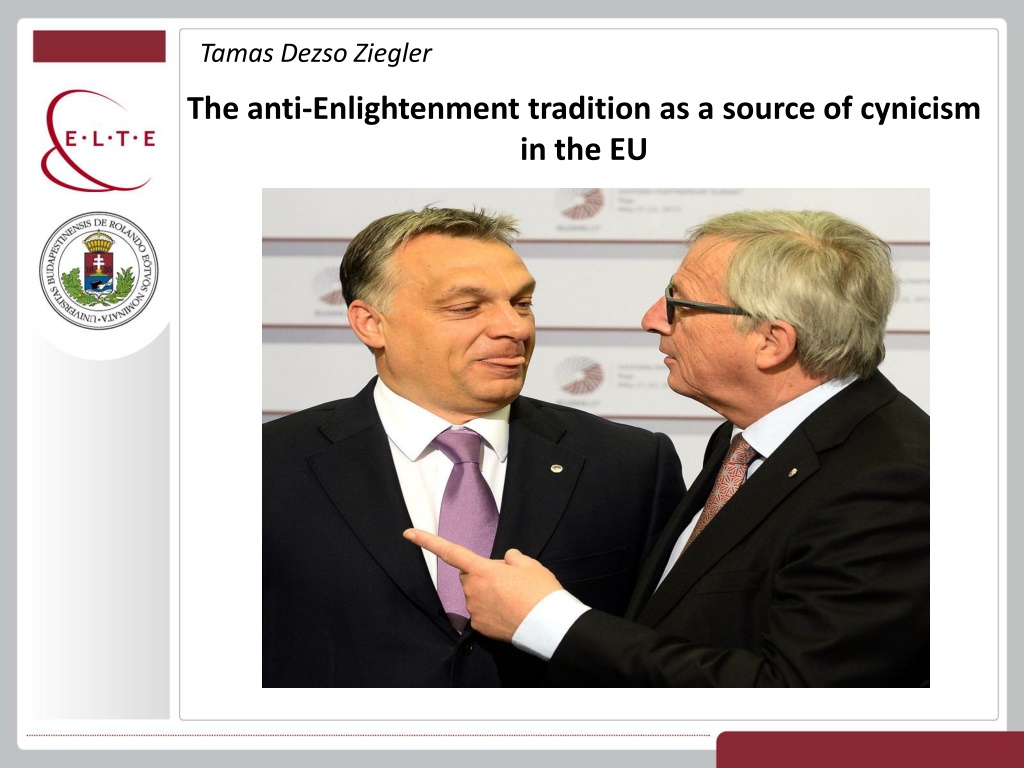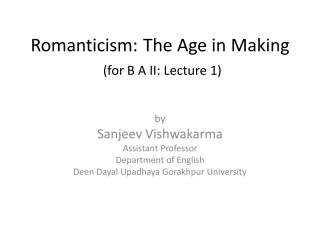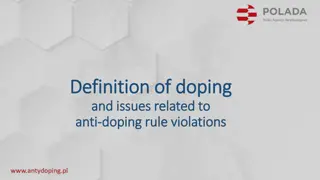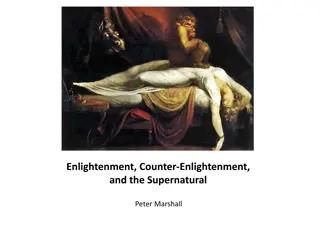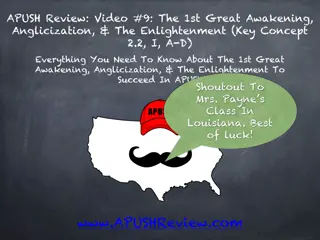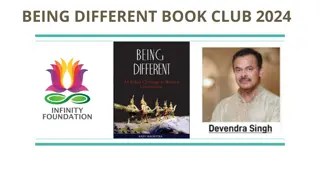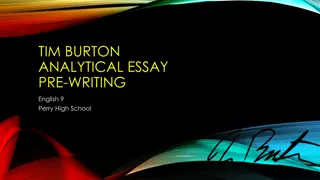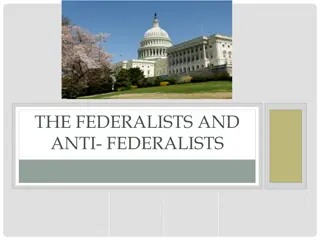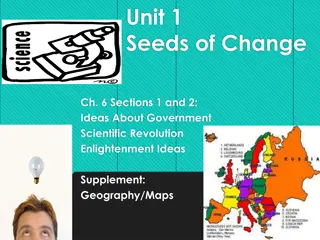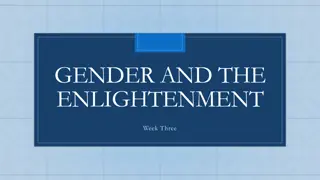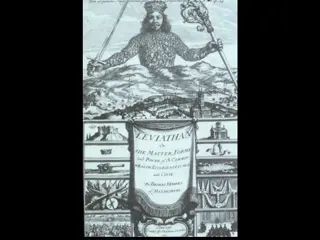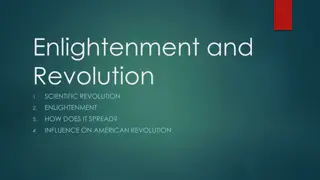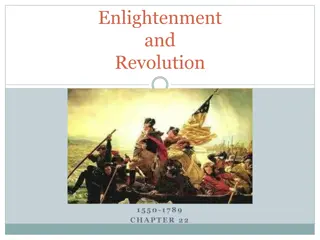Exploring Anti-Enlightenment Traditions in the EU
This text delves into the concept of the anti-Enlightenment tradition and its influence on cynicism within the European Union. It analyzes the ideological roots, cultural implications, and political manifestations of this tradition, contrasting it with Enlightenment principles such as human rights, individualism, and rationality. By examining cases of democratic deficit, elitism, and human rights crises in the EU, the text highlights the ongoing struggle between these conflicting philosophical frameworks.
Download Presentation

Please find below an Image/Link to download the presentation.
The content on the website is provided AS IS for your information and personal use only. It may not be sold, licensed, or shared on other websites without obtaining consent from the author. Download presentation by click this link. If you encounter any issues during the download, it is possible that the publisher has removed the file from their server.
E N D
Presentation Transcript
Tamas Dezso Ziegler The anti-Enlightenment tradition as a source of cynicism in the EU
Complex ideological traditions Cultural change with traditonal background Zeev Tradition (Yale Univ. P., 2009) Isaiah Berlin: Counter-Enlightenment Steven Pinker Enlightenment Now: The Case for Reason, Science, Humanism, and Progress (2018) Pippa Norris/Ronald Backlash: Trump, Brexit, and Authoritarian Populism. Oxford University Press (2019) Sternhell: The Anti-Enlightenment (Harvard University): Inglehart: Cultural 2
Dora Kostakopoulou: Markov Chain 3
Different political and legal traditions Enlightenment tradition Anti-Enlightenment tradition Supports human rights Limits/abolishes human rights Stresses individualism, egalitarianism Stresses tribalism and the nation Universalism Racism/ethnocentrism Democratic decision making, pluralism Authoritarian elitism, attacking enemies Rational Emotional Gender equality Sexism, machoism Mutual respect of nations, cooperation Social darwinism, struggle for survival 4
Different political and legal traditions EU law always contained elements of both traditions! Anti-Enlightenment Democratic deficit (F llesdal-Hix) Elitism: no annulement of acts for everyday people: no constitutional control No conversation with everyday Europeans Oligarchisation: new noblemen Discriminitation based on citizenship against third country nationals Visa policy: no individual treatment Fundamental rights are not enforced: member states do not want to create a uniform, universal and enforcable system (see Art. 51 of the Charter of fundamental rights) habitual residence or 5
Anti-Enlightenment in action Human rights crisis (Daniel Kelemen: new democratic deficit): individualism, pluralism is not important anymore (see the latest preliminary ruling procedure on independence of courts in Hungary) Refugee law (tribalism is attacking individualism, human dignity): EU-Turkey deal breaches int. Law and EU law, standards got lowered all over Europe Single market (protectionism (nationalism + oligarchs new noblemen) Brexit (emotionalism, irrationality, xenophobia, post-collonial delusion Paul Beaumont) universal rights, + state aid) 6
Cynicism an the anti-Enlightenent tradition Primary cynicism exists because the anti-Enlightenment tradition cannot express its value preferences openly Secondary cynicism comes into picture if democratic leaders/parties either implement or accept elements of the anti-Enlightenment tradition (see e.g. EU refugee law) Angela Merkel: when talking about the objective of the Cohesion Funds and the Structural Funds, it has to be said that they are set up to increase convergence within the European Union. Looking at the economic growth rate of Hungary, it is obvious that Hungary has used those funds well to benefit its people . (Billions of Euros stemming from the EU are flowing into the oligarchic system) 7
Conclusions Law is built on values accepted in societies (constructivist model): dichotomy in societies results in dichotomies in legal systems Constant struggle in European societies between the two traditions (also far-left and religious fundamentalism Enlightement clich s) The crises are not just political or legal, but also cultural In order to make a change, we should affect the culture (education, social activity, etc.) uses anti- 8
